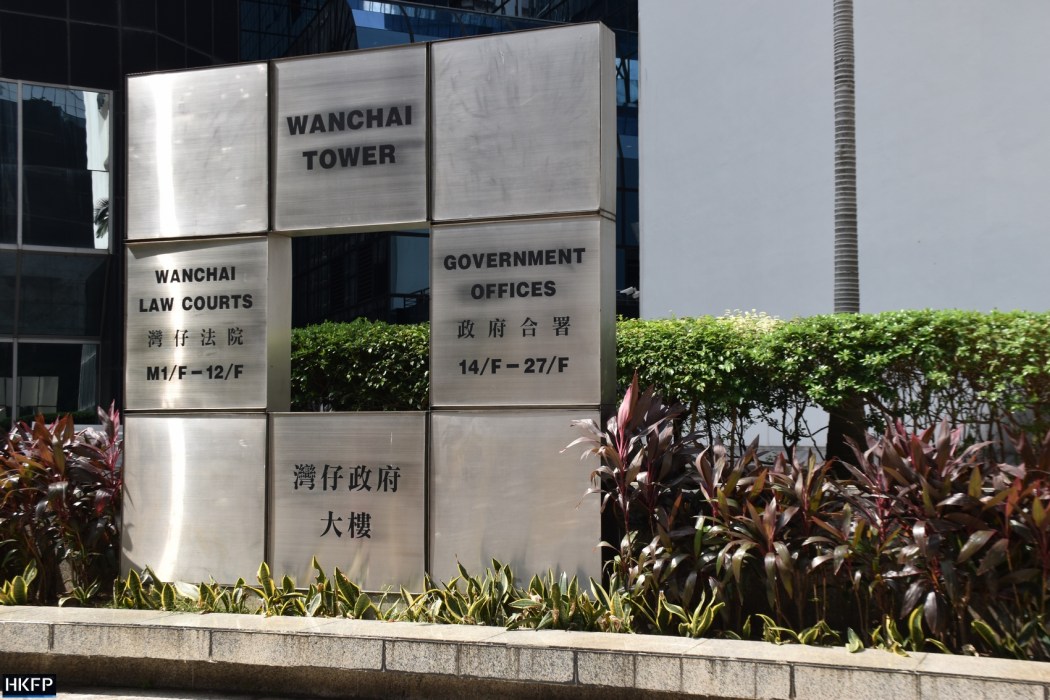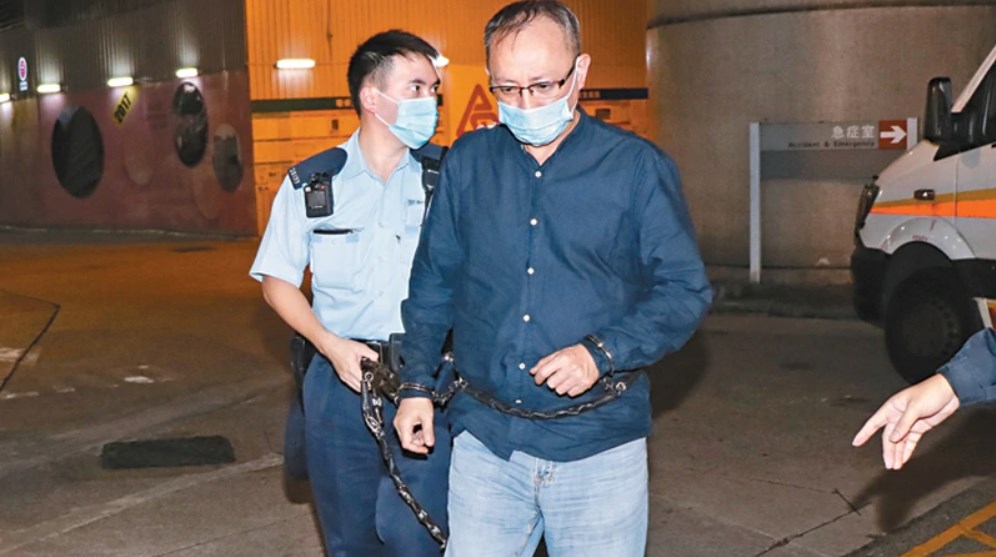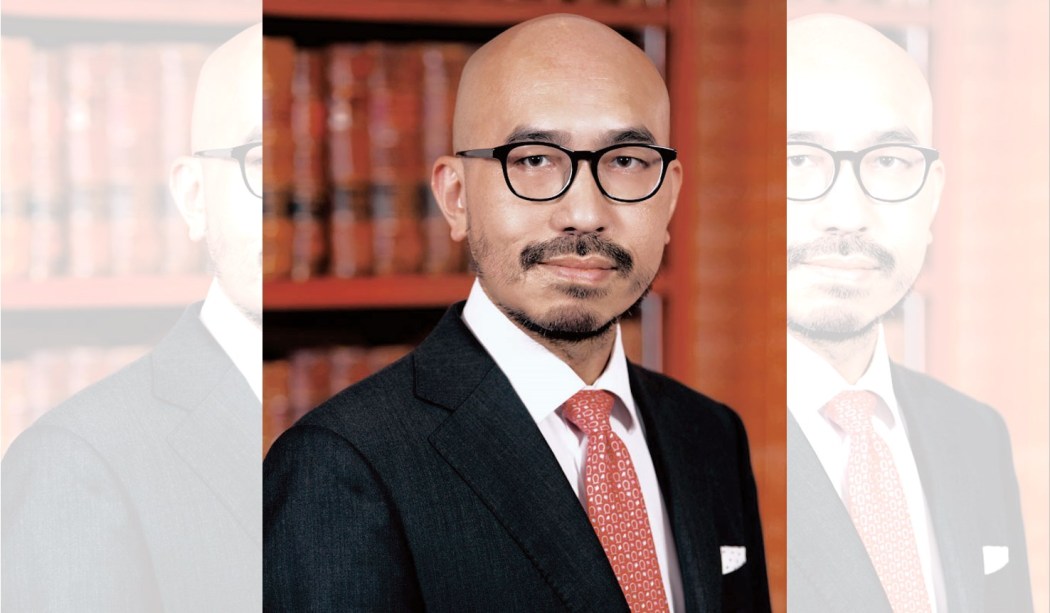The colonial-era sedition law used to prosecute the internet radio host Edmund Wan, known as “Giggs,” had long been dormant in Hong Kong and had been abolished altogether in multiple countries, Wan’s lawyer said on Thursday.

Wan, 54, pleaded guilty to one count of sedition and three counts of money-laundering on Thursday morning, in front of Judge Adriana Noelle Tse Ching at District Court.
According to the case details, Wan conspired with others to host, create and publish seditious video and audio programmes between February 8 and November 21 in 2020. In addition, he had handled over HK$10 million of bank deposits without reporting to tax authorities and made large transactions “without clear reasons.”
The charge relates to a crowdfunding appeal to help meet the living expenses of Hong Kong protesters who had taken refuge in Taiwan after the 2019 protests and unrest.
Protests erupted in June 2019 over a since-axed extradition bill. They escalated into sometimes violent displays of dissent against police behaviour, amid calls for democracy and anger over Beijing’s encroachment. Demonstrators demanded an independent probe into police conduct, amnesty for those arrested and a halt to the characterisation of protests as “riots.”
Sedition legislation
Wan’s lawyer Steven Kwan said that during the period in question, criticising the government or even advocating that others hate the authorities “was not commonly seen as breaking the law.”
When the judge remarked that the sedition law had long existed in Hong Kong, Kwan said it had not been used to prosecute anyone for a long time.
Kwan said the British colonial government had implemented the sedition legislation in many of its colonies around the world in the 1930s, but many had subsequently abolished the law as it was deemed unconstitutional.
In 1997, Hong Kong’s Legislative Council rewrote the sedition law and under the proposed amended legislation the prosecution would have also been required to prove an intention to incite violence.

“The governor had signed, the amendment was on the government gazette, but it required the secretary for security to enact it, and it never came through,” Kwan said.
But Judge Tse said that even if the sedition law were ruled to be unconstitutional in the future, the radio host would have been charged under a different law, as he had called for others to use violence and practice vigilantism.
Kwan said Wan’s programmes only reached a limited audience and he rarely attacked the judiciary in his speeches.
‘Only God has right to make fair judgements’
A total of twenty letters seeking leniency were submitted, including one from Cardinal Joseph Zen and others from former lawmakers.
Citing the letter from Zen, Kwan said the radio host has turned from a person filled with anger and hatred to a Catholic with a loving heart.
In his own mitigation letter, Wan said the period he spent in custody since February last year was “a valuable chance” for him to reflect on his life.

“I saw my ignorance, arrogance and self-righteousness in the past,” Wan wrote. “I forgot that only God has the right to make fair judgements on matters.”
Kwan also read out a letter from Wan’s daughter, who said the radio host had sacrificed himself to provide for his family and was an inspiration for her and others .
After listening to the mitigation plea, Tse said she was placed in a “difficult position.” She said the one-third discount on sentencing which Wan would get for pleading guilty was “already a high watermark even for a person of good character.”
In response, Kwan said he hoped the judge could push for a “higher watermark.” He also urged Tse to allow Wan to serve his sentences concurrently.
The hearing was adjourned to Friday morning to handle the confiscation of Wan’s crowdfunding proceeds. His sentence will be handed down at a later date.
Support HKFP | Policies & Ethics | Error/typo? | Contact Us | Newsletter | Transparency & Annual Report | Apps
Help safeguard press freedom & keep HKFP free for all readers by supporting our team
























